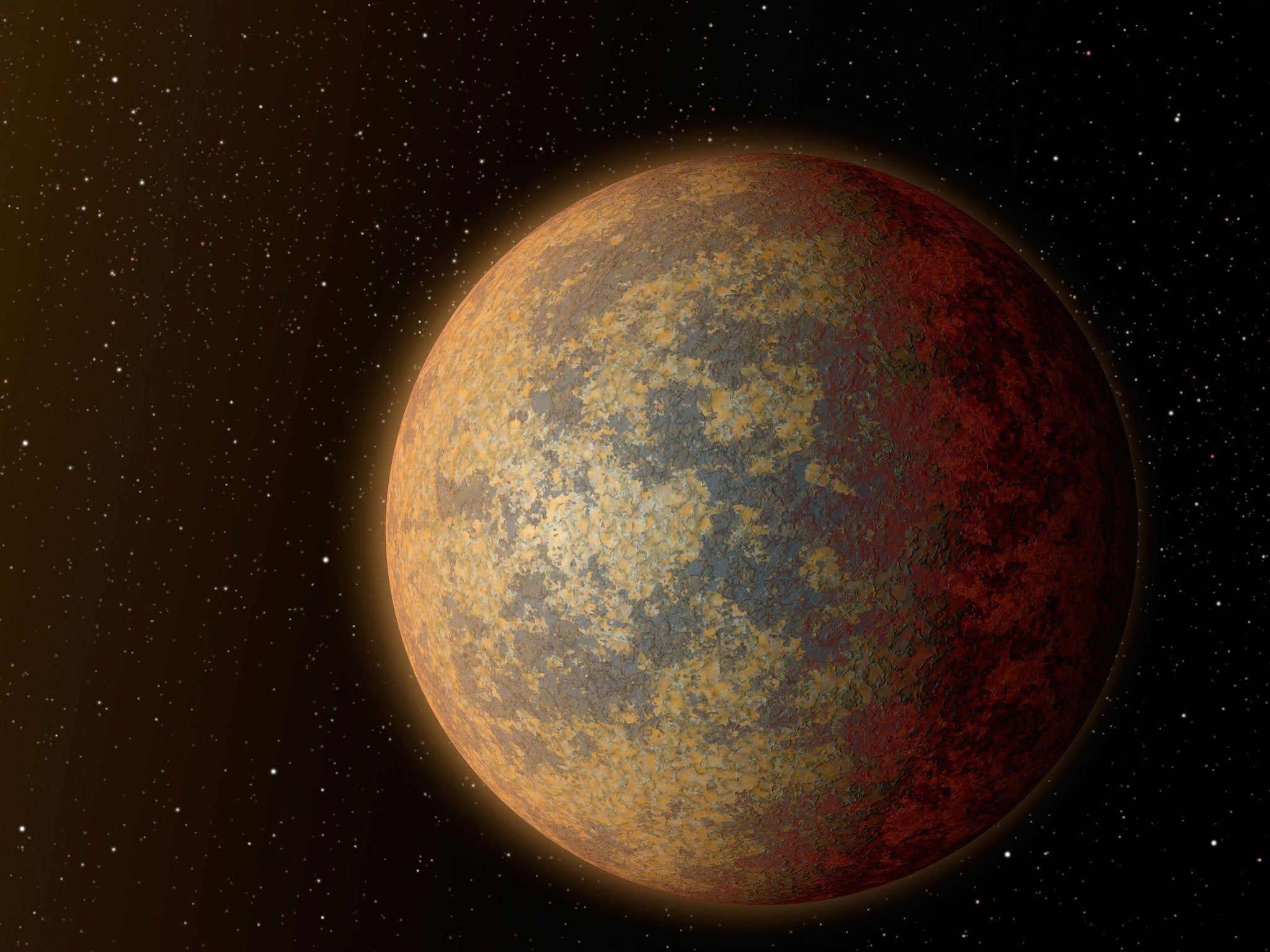Wolf 1061c: Astronomers spot nearest 'Earth-like' planets capable of supporting life ever seen
The star is just 14 light years away — next door to us in space terms — and has a planet going around it that sits perfectly in the “Goldilocks zone” that makes worlds able to support life

Astronomers have spotted a planet that is the closest potentially habitable world humanity has ever seen.
The planet is four times as big as Earth and sits perfectly within the “Goldilocks zone” that would make it able to support life. Astronomers look for worlds that that sit in that perfect region, where it is not too hot or cold to support liquid water.
It is one of the first times that astronomers have spotted a planet near to us that has the kind of rocky, solid surface that is thought to be necessary for alien life.
"It is a particularly exciting find because all three planets are of low enough mass to be potentially rocky and have a solid surface, and the middle planet, Wolf 1061c, sits within the 'Goldilocks' zone where it might be possible for liquid water — and maybe even life — to exist," said lead study author Dr Duncan Wright in a statement.
"It is fascinating to look out at the vastness of space and think a star so very close to us — a near neighbour — could host a habitable planet.”
Scientists might now be able to catch a view of the planet, helping them study its atmosphere and explore whether it might be able to support life.
The team found three planets going around a star that is stable like our own but smaller and relatively cool. One of the three planets, known as Wolf 1061c, sits squarely within the habitable zone.
The team, from the University of New South Wales (UNSW), made the discovery using the HARPS spectrograph, which is part of the European Southern Observatory's 3.6 metre telescope in La Silla in Chile.
"Our team has developed a new technique that improves the analysis of the data from this precise, purpose-built, planet-hunting instrument, and we have studied more than a decade's worth of observations of Wolf 1061," Professor Chris Tinney, head of the Exoplanetary Science at UNSW group, said in a statement.
"These three planets right next door to us join the small but growing ranks of potentially habitable rocky worlds orbiting nearby stars cooler than our Sun."
Scientists will now hope that they can explore the planet’s atmosphere in more detail.
"The close proximity of the planets around Wolf 1061 means there is a good chance these planets may pass across the face of the star. If they do, then it may be possible to study the atmospheres of these planets in future to see whether they would be conducive to life," said team member UNSW's Dr Rob Wittenmyer in a statement.
Join our commenting forum
Join thought-provoking conversations, follow other Independent readers and see their replies
Comments
Bookmark popover
Removed from bookmarks